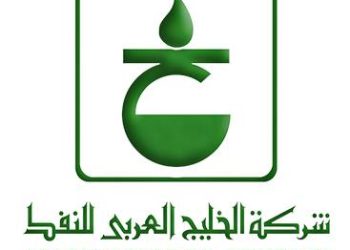Tripoli: April 12
Vladimir Putin has indicated that Libya and Russia may be in the early stages of restoring commercial ties, ruptured . . .[restrict]by the Kremlin’s opposition to NATO’s Libyan intervention and Russian support for the Assad regime in Syria.
Answering parliamentary questions in his last appearance as prime minister, president-elect told legislators:“The new Libyan authorities have sent signals that they would be interested in maintaining economic ties with Russia.”
Officials in Moscow have estimated that the country has faced losses in excess of $4 billion on contracts made with the Qaddafi regime. These are principally in connection with weapons supplies and railroad construction, as well as oil and gas investments, mainly by Gazprom.
Libya-Russia relations were further soured by the February attack on the Russian embassy building in Tripoli by ex-patriate Syrians and Libyan supporters. The main building was entered and the rooftop Russian flag was torn down and replaced with the Free Syrian colours. The government promised an investigation into the incident, in which no arrests were made and where the attackers left peacefully after some hours. The Russians have yet to be told about either the progress or outcome of that enquiry.
It was notable that Putin did not mention the issue of compensation for losses incurred by Russia contractors, as a result of their evacuation during the fighting. Libyan government sources indicated last month that China by contrast, has made compensation and an immediate settlement of outstanding payments a pre-condition of any return to the $ 19 billion portfolio of projects it had been awarded by the old regime.
Reporting Putin’s parliamentary appearance, the Russian news channel Rianovosti noted that Libyan prime minister Abdurrahim Al-Kib had made no secret of his dissatisfaction with the Kremlin. It reported him as saying last month that Libya was dissatisfied with Russia’s stance on the uprising: “Are we willing to see Russians in Libya again?…Yes, probably, if those contracts do not benefit the deposed regime and have no ties with it. Will we extend Russian contracts? Theoretically, yes, but only after we study them and confirm that they are in line with the legislation and are not blemished by corruption.”
For his part, Putin told his parliamentarians that he thought that Russia’s fundamental interests were to a large extent similar to those of countries in the Middle East.
“I have no doubts,” he said, ”that we will move to new forms, new horizons and new levels of cooperation.”
He added that in his view, the best way to achieve this was to develop Russia’s own economy, so that cooperation with Russia became “attractive” and did not depend on “regime changes in any countries.”
Tweet
[/restrict]







